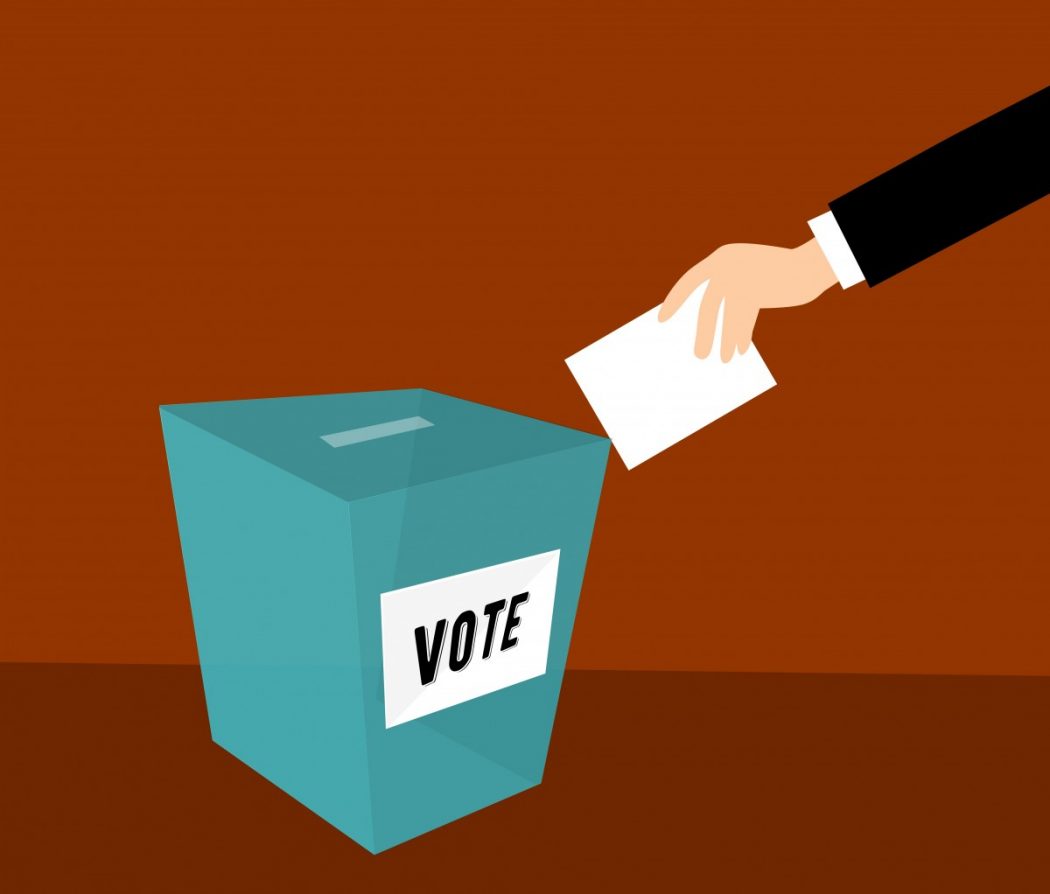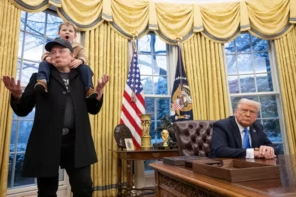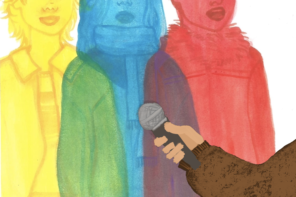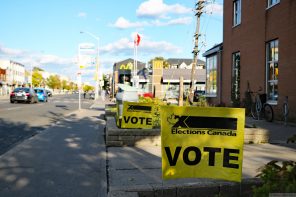Today, millions of Americans went to the polls to vote in the nation’s Midterm Elections. For those looking to the future of voting technology, the state of West Virginia brings particular intrigue, as 24 counties experimented with Voatz, an app enabling mobile-device voting. Promising to “turn every smartphone and tablet into a securing voting booth.” Boston-based Voatz allows West Virginians serving in the military or living overseas to vote in today’s midterms. While Voatz offers a path to increase absentee participation from a dismal 6.9 percent in the 2016 President Election, in an environment rife with election hacking, Voatz may not be the most secure way forward.
Voatz is aware of these security concerns, and has addressed them, claiming that the app will verify the identity of all voters before allowing for the submission of ballots. As currently constructed, Voatz’s verification process will consist of a photo matching between each voter’s government issued ID and a live selfie. Furthermore, the app promises to secure the privacy of voters, by asserting that all ballots will be anonymous once submitted. After the submission, they will record the votes through blockchain technology, using the public ledger to prove that voting results were not changed throughout the process.
The goal of West Virginia’s Voatz pilot is both simple and important: to make voting more efficient and accessible for citizens, especially those stationed in remote areas. With nearly 92 percent of American adults owning a mobile phone, Voatz promises to remove many of the obstacles that discourage people from voting, including inconveniently placed polling stations, long lines, and limited hours. According to a 2016 survey from Consumer Reports, 40% of Americans sampled would vote over the internet if it were a viable option.
As is, there exist numerous security concerns with American voting procedures. In 2016, Russian hackers infiltrated Illinois’ voter registration system. In January of the following year, the US intelligence community concluded that Russia had meddled in the US presidential election, encouraging many states to improve their cybersecurity defences. It appears they still have a ways to go; this past August, an 11-year-old hacked an exact replica of Florida’s election website within just ten minutes.
This past August, an 11-year-old hacked an exact replica of Florida’s election website within just ten minutes
With all of these security issues already in play, many experts are terrified to bring online voting into the fold. J. Alex Halderman, a professor of computer science at the University of Michigan, believes that safely implementing a technology such as Voatz is far from simple, explaining that, “voting over the internet is a very, very hard, unsolved security problem.” Philip Stark, a professor at the University of California Berkeley is particularly concerned with the security explanation provided by Voatz. While Voatz claims that its blockchain is secure due to being “permissioned” — meaning that before a user can access the app they need to be authenticated — Professor Stark is skeptical, proclaiming, “the one-sentence summary is a scam… they are not doing what they claim to be doing.”
While it is inevitable that voting will soon enter the digital age, Voatz may not be the ones to take it there. The idea of mobile-device voting is promising, but whether the execution will be safe and secure remains to be seen. While almost everyone is focusing on the hotly contested House, Senate, and gubernatorial races, Voatz has another issue in mind: exactly how secure were the absentee ballots in West Virginia?








